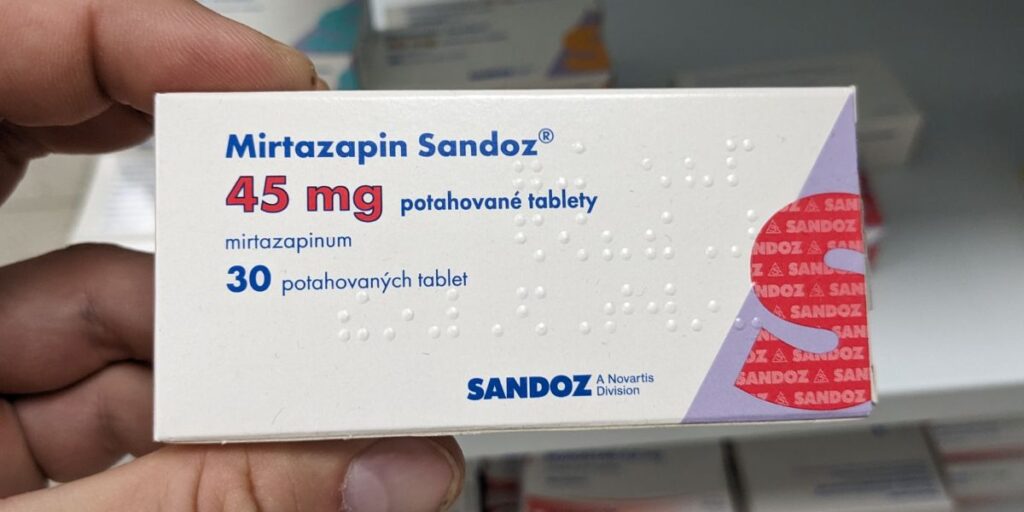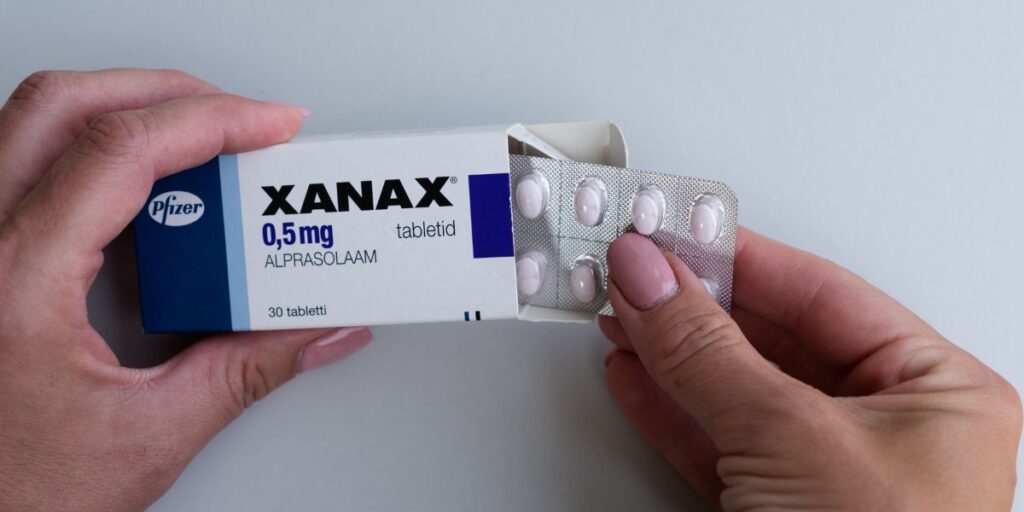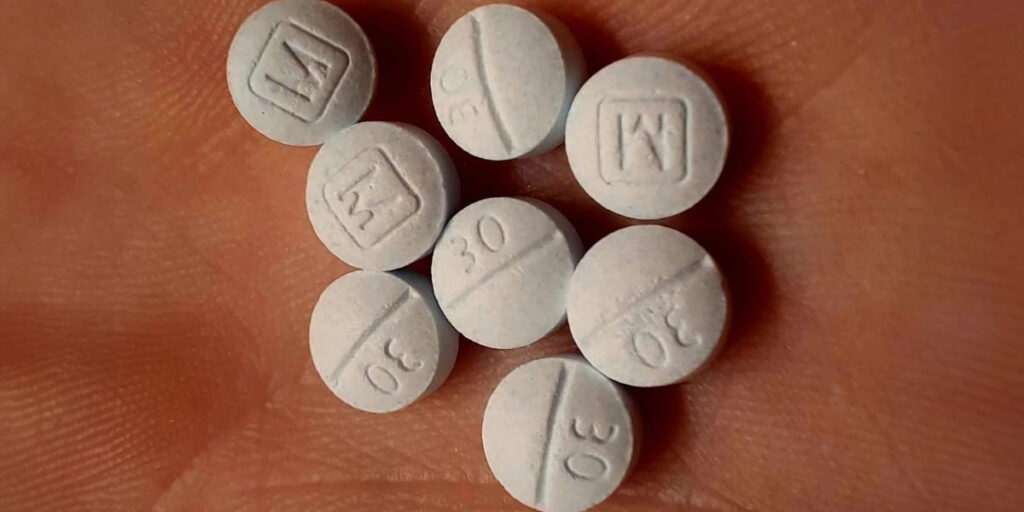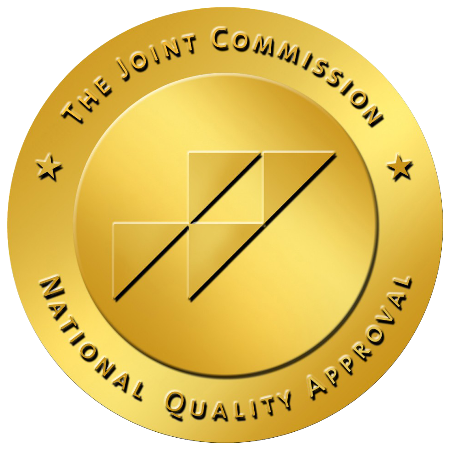Ativan, also known by its generic name lorazepam, is a benzodiazepine commonly prescribed for a variety of medical conditions, including anxiety disorders, panic attacks, and insomnia. It is also used in managing certain seizure disorders and as a sedative before medical procedures.
Despite its efficacy, a benzodiazepine like Ativan has a high potential for dependence and addiction, which can make withdrawal a challenging process. Those who have taken the prescription medication for extended periods, even at prescribed doses, can develop physical dependence, leading to withdrawal symptoms upon discontinuation.
What Is Ativan?
Ativan (lorazepam) is a short-acting benzodiazepine that enhances the activity of gamma-aminobutyric acid (GABA) in the brain. GABA is a neurotransmitter that inhibits nerve transmission, leading to a calming effect on the central nervous system. This property makes Ativan effective in reducing anxiety, controlling panic attacks, and treating certain seizure disorders. It is also used to relax muscles and help people feel calm before surgery.
Doses of Ativan vary based on the condition, with lower doses for anxiety and higher doses for sedation. Even when following instructions, some people may develop a tolerance to the medication. This may require them to take higher doses for the medication to be effective. This tolerance can quickly lead to physical dependence, where the body becomes accustomed to the presence of the drug, making withdrawal difficult when use is reduced or stopped.

Is Ativan Addictive?
Ativan’s potential for addiction arises from its effects on the brain’s reward system. When taken, Ativan can produce feelings of relaxation and euphoria, which can be highly reinforcing.
When the brain gets used to the drug, it might make less natural calming chemicals. This can make people need Ativan more to feel normal. This can lead to psychological dependence, where the person feels an overwhelming need to continue taking the drug.
The risk of Ativan addiction is exceptionally high for people who use the drug recreationally or without a prescription. However, even those using Ativan under medical supervision can develop addiction, especially with long-term use.
The prevalence of Ativan addiction in the United States has raised concerns among healthcare providers, leading to increased caution in prescribing practices. Patients with a history of substance abuse or pre-existing mental health conditions are at a heightened risk of developing addiction.
Ativan Addiction Signs and Symptoms
Recognizing the signs and symptoms of Ativan addiction is crucial for early intervention.
Common signs of Ativan addiction include:
- Increased Tolerance: Needing to take higher doses to achieve the same effect
- Withdrawal Symptoms: Experiencing physical and psychological symptoms when not using the drug
- Unsuccessful Attempts to Quit: Repeatedly trying to cut down or stop using Ativan without success
- Neglecting Responsibilities: Ignoring responsibilities at work, school, or home because of Ativan use
- Excessive Time Spent: Spending a significant amount of time obtaining, using, or recovering from the effects of Ativan
- Continued Use Despite Harm: Persisting with Ativan use despite being aware of its harmful effects on physical and mental health
Other signs may include acting differently, like hiding drug use, having mood changes, and doing dangerous things.
Physical symptoms may include drowsiness, confusion, and coordination problems, increasing the risk of accidents. Finding these signs early can help with receiving treatment sooner.
This can decrease the likelihood of experiencing severe problems from using Ativan for an extended period.
Ativan Withdrawal Symptoms
The Ativan withdrawal process can be difficult and uncomfortable. The symptoms and their intensity can vary significantly based on factors such as the dosage used, the duration of use, and the person’s overall health. Typically, withdrawal symptoms usually start within hours after the last dose as the effects of this short-acting benzodiazepine wear off.
Common withdrawal symptoms include:
- Anxiety and Panic Attacks: Increased nervousness and sudden, intense feelings of fear.
- Insomnia and Restlessness: Difficulty sleeping and feeling agitated.
- Nausea and Vomiting: Gastrointestinal distress that can lead to dehydration.
- Sweating and Chills: Fluctuations in body temperature causing excessive sweating or chills.
- Tremors and Muscle Pain: Involuntary shaking and physical discomfort.
- Elevated Blood Pressure and Heart Rate: Cardiovascular symptoms can be dangerous if severe.
- Seizures: In severe cases, withdrawal can lead to seizures, which require immediate medical attention.
Withdrawal can cause withdrawal syndrome, with severe and long-lasting symptoms. This syndrome can include severe anxiety, depression, and hallucinations.
The intensity and duration of withdrawal symptoms often correlate with the length of Ativan use and the dosage. If you have taken Ativan for a long time, withdrawal symptoms may last for weeks or months.

Inpatient Treatment for Ativan Withdrawal and Addiction at Northridge Addiction Treatment Center
Ativan withdrawal and addiction can be a challenging and potentially dangerous process, particularly for people who have developed a dependence on the drug. Recognizing the symptoms and seeking professional treatment is crucial for a safe and successful recovery.
Inpatient treatment centers offer comprehensive care, including medical detox, therapy, and aftercare planning, to manage withdrawal symptoms and address the psychological aspects of addiction.
Inpatient or residential treatment is often recommended for those undergoing any benzodiazepine withdrawal because of the potential severity of symptoms and the need for comprehensive care. This structured treatment provides a safe, nurturing environment where people can receive continuous medical monitoring and support.
The supportive environment helps reduce the risk of relapse and provides patients with the tools and skills necessary for long-term recovery. This setting is crucial for managing severe withdrawal symptoms, such as seizures, which require immediate medical intervention.
Northridge Addiction Treatment Center provides intensive, evidence-based care in a luxurious and comfortable facility embraced by support. Our treatment programs and scientifically backed therapies include onsite medical detox, dual diagnosis to treat co-occurring mental health disorders, medication-assisted treatment, cognitive behavioral therapy (CBT), and numerous others.
Our compassionate addiction treatment experts and medical staff collaborate with you to create a realistic treatment plan to fit your immediate needs and future goals in aftercare.
Reach out to NATC today. Our treatment specialists are eager to hear your story and get you or your loved one on the path to recovery.













